Search results for: 'signaling pathways apoptosis apoptosis inducers'
-
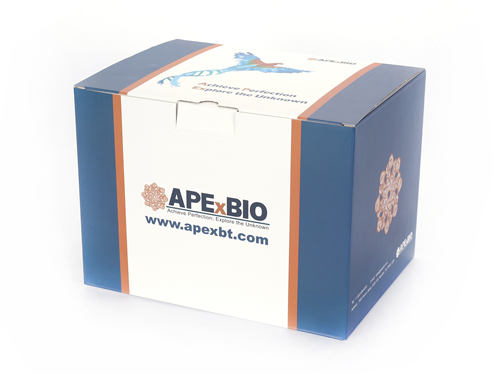 K2711 Apoptosis Inducer KitSummary: A ready-to-use apoptosis inducer reagent, which consists of recombinant human TNF-α and SM-164
K2711 Apoptosis Inducer KitSummary: A ready-to-use apoptosis inducer reagent, which consists of recombinant human TNF-α and SM-164 -
 A4016 Apoptosis Activator 2Summary: Indoledione caspase activator, cell-permeable
A4016 Apoptosis Activator 2Summary: Indoledione caspase activator, cell-permeable -
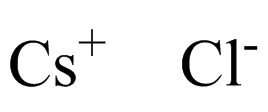 A4468 Cesium chlorideSummary: Potassium channel blocker
A4468 Cesium chlorideSummary: Potassium channel blocker -
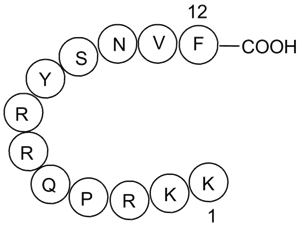 A4469 DAPK Substrate PeptideSummary: Synthetic peptide substrate for DAPK
A4469 DAPK Substrate PeptideSummary: Synthetic peptide substrate for DAPK -
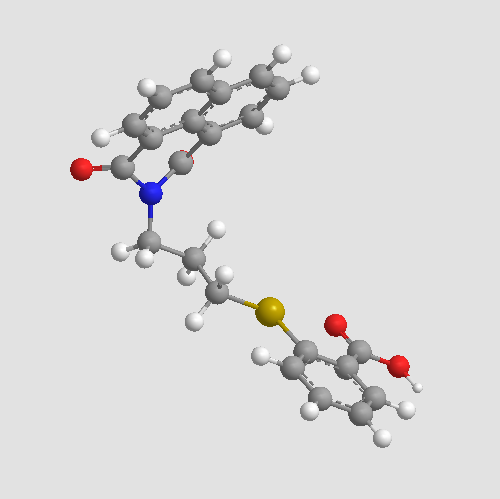 A4471 GRI 977143Summary: LPA2 receptor non-lipid agonist
A4471 GRI 977143Summary: LPA2 receptor non-lipid agonist -
 A4472 Mdivi 16 CitationSummary: Selective DRP1/Dnm1 inhibitor, cell-permeable
A4472 Mdivi 16 CitationSummary: Selective DRP1/Dnm1 inhibitor, cell-permeable -
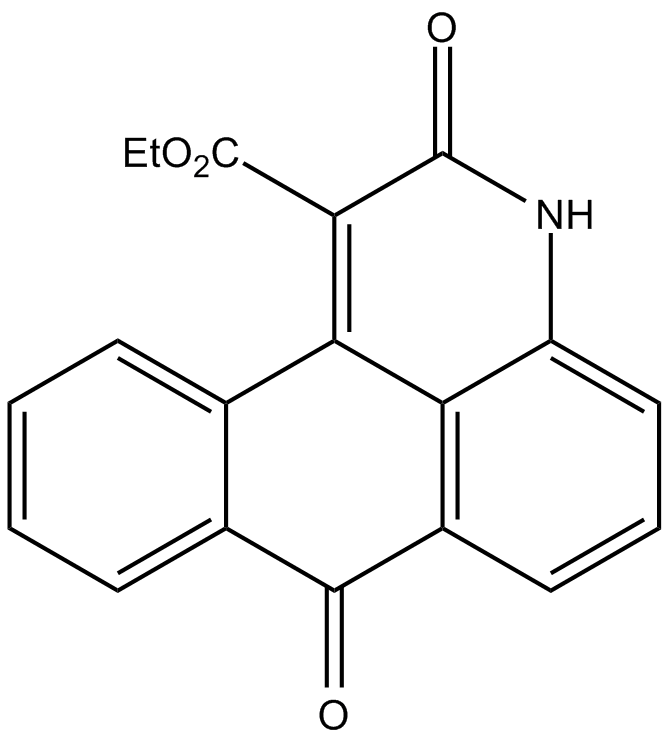 A4474 NQDI 1Summary: ASK1, MAP3K5 inhibitor
A4474 NQDI 1Summary: ASK1, MAP3K5 inhibitor -
 A4475 TLQP 21Summary: VGF-derived peptide
A4475 TLQP 21Summary: VGF-derived peptide -
 K2718 Apoptosis Inducer Set (Ready-to-use)Summary: A set of apoptosis inducers
K2718 Apoptosis Inducer Set (Ready-to-use)Summary: A set of apoptosis inducers -
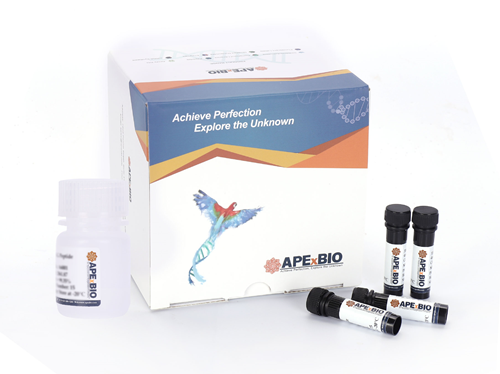 K2009 Annexin V-Biotin/PI Apoptosis KitSummary: Detects Apoptosis by FACS or FL.
K2009 Annexin V-Biotin/PI Apoptosis KitSummary: Detects Apoptosis by FACS or FL.


